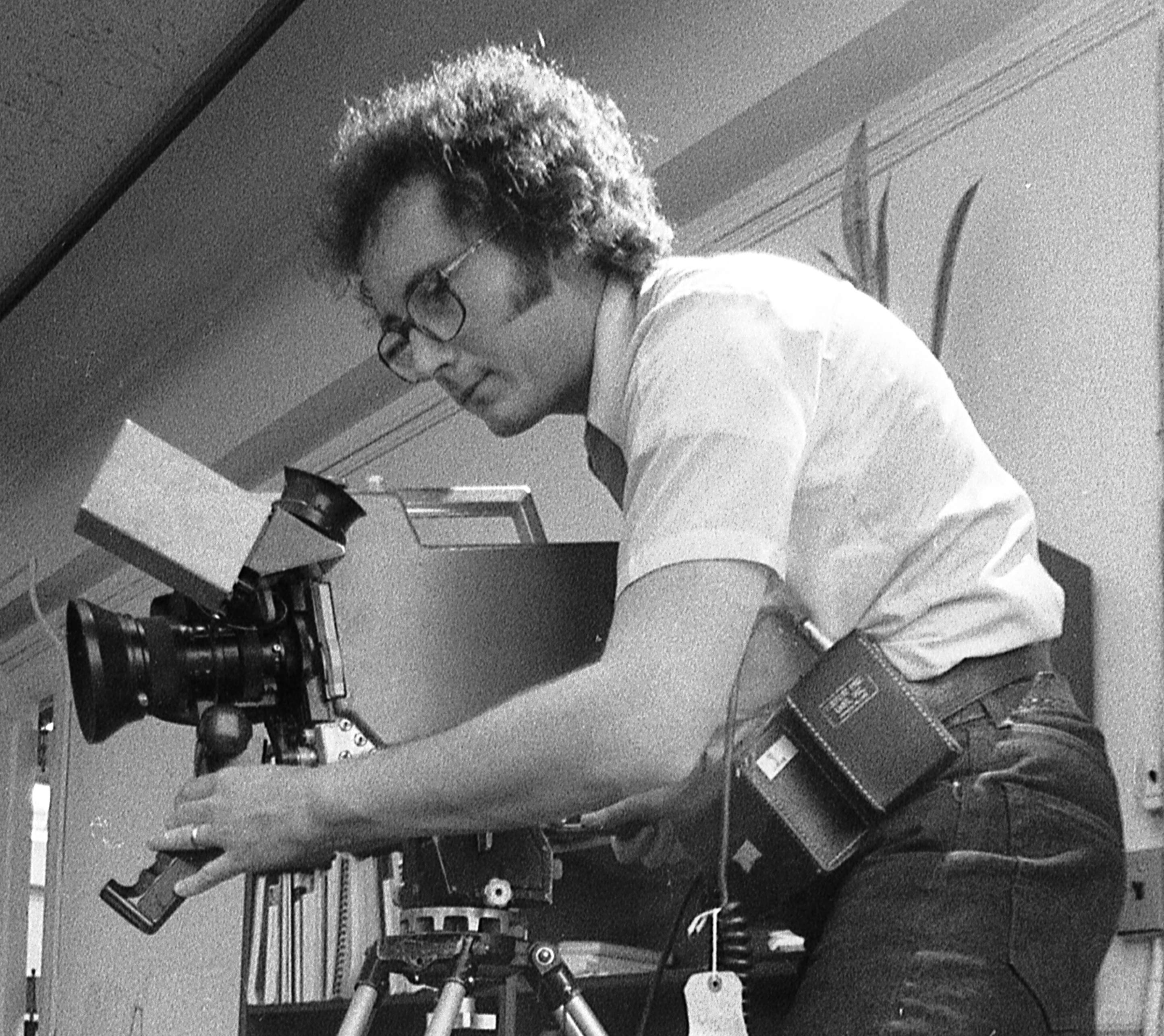Microsoft’s white-space converter overheats during FCC testing, again
Last week, a prototype device provided by Microsoft broke down in white-space testing by the FCC. It’s the second time in seven months.
The FCC is conducting the tests in an attempt to determine whether segments of the airwaves can be used for broadband wireless services without interfering with digital television broadcasting or wireless microphone signals.
Ian Ferrell, director of wireless incubation for Microsoft, one of companies developing the prototype, said the device lost power after continual testing. The company insisted the failure was not a setback. “The power issue is unrelated to the technology points we’re trying to prove,” Ferrell said.
The FCC, which did not comment, began immediate testing on a second identical device that Microsoft supplied.
The failure, a simple overheating problem in a prototype, has taken on added significance due to the public relations fight going on between broadcasters and the high-tech computer alliance that includes Google, Dell, Hewlett-Packard, Intel, EarthLink and Philips Electronics North America, a division of Netherlands-based Royal Philips Electronics NV.
The coalition is fighting with TV broadcasters, who fear such technology will interfere with their programming after the DTV switch a year from now.
As expected, the broadcasters quickly channeled the device’s breakdown as evidence of interference risks. The NAB said the devices “are not ready for prime time.” Dennis Wharton, NAB’s spokesman, said, “completing a successful transition to digital television ought not to be jeopardized by introducing risky technology that has proven to be unworkable.”
The professional video industry's #1 source for news, trends and product and tech information. Sign up below.
Edmond Thomas, who represents the technology coalition, said there is no correlation between a test device and a final commercial product, which would address power issues. The NAB’s comments, he told theAssociated Press, were “absurd and extreme.”
The FCC is also testing other white-space devices submitted by Motorola and Adaptrum, a Mountain View, CA-based startup.
